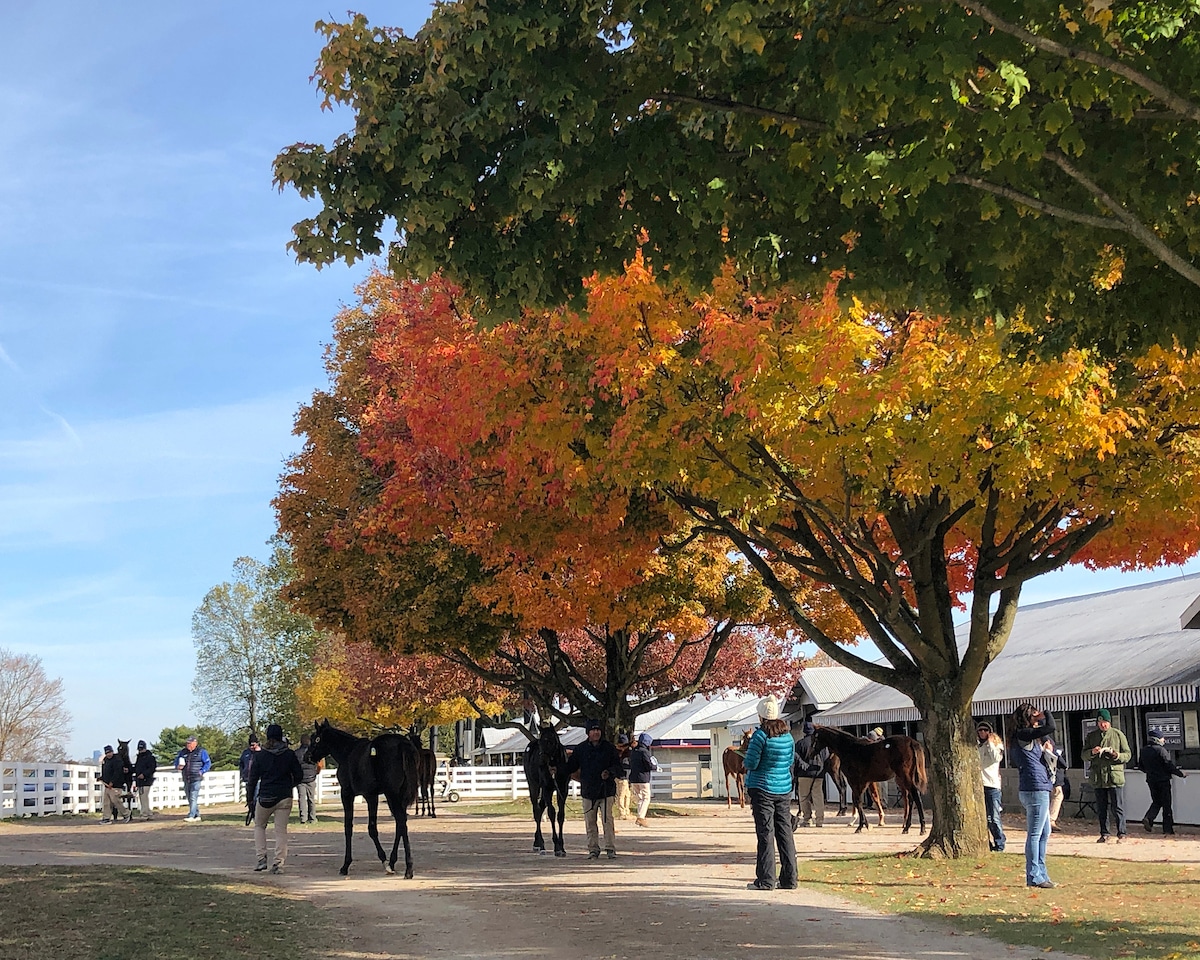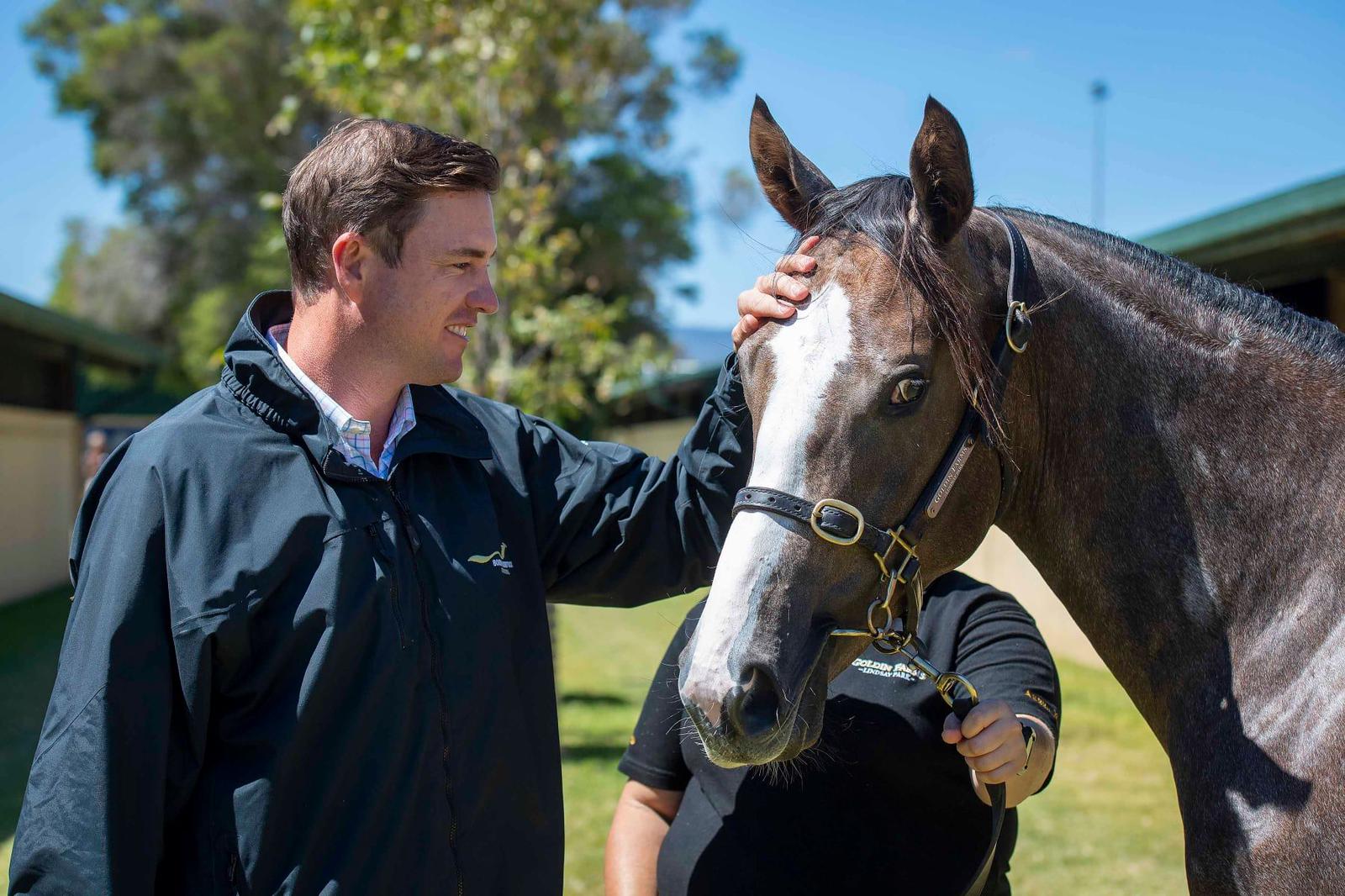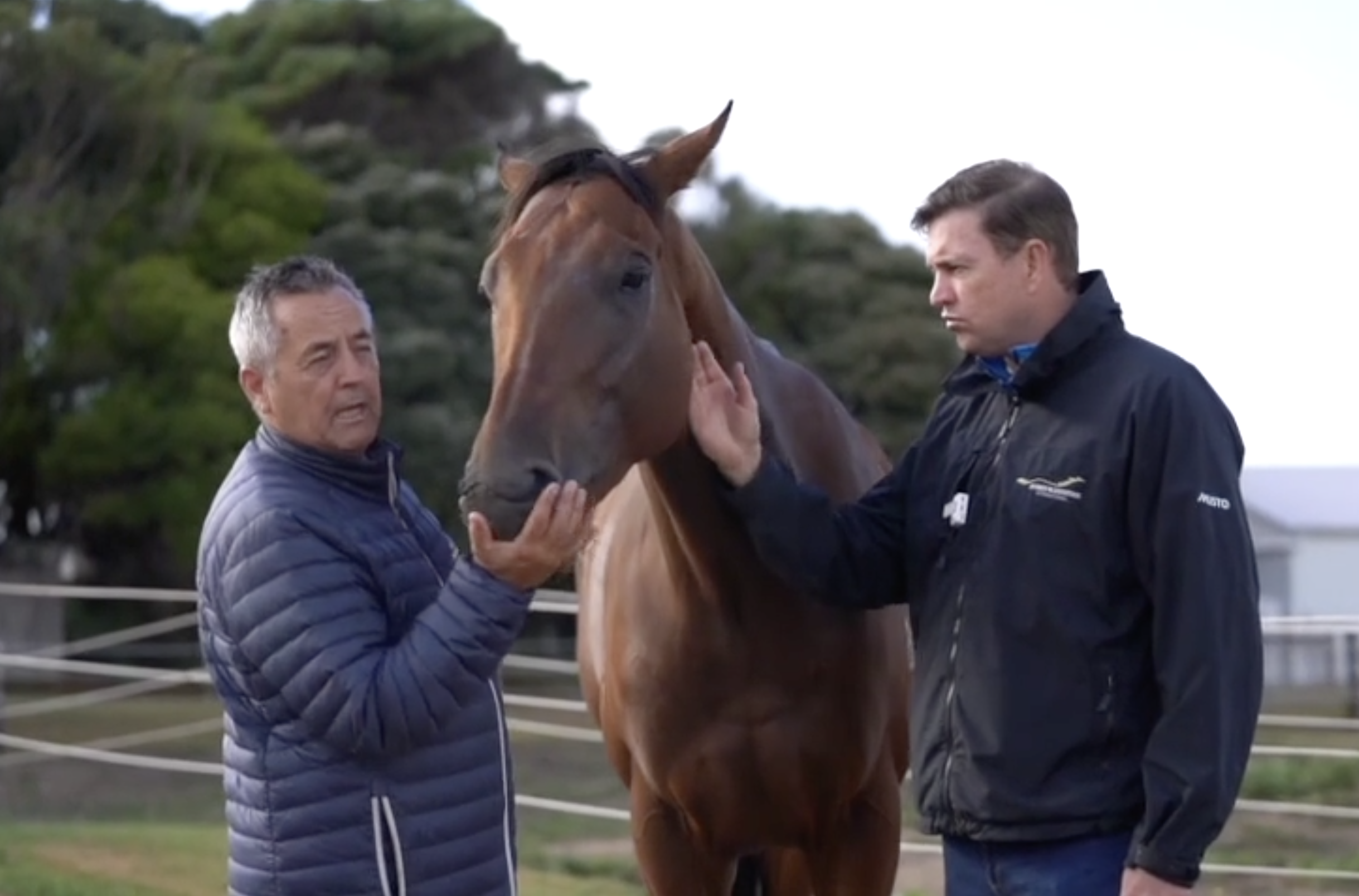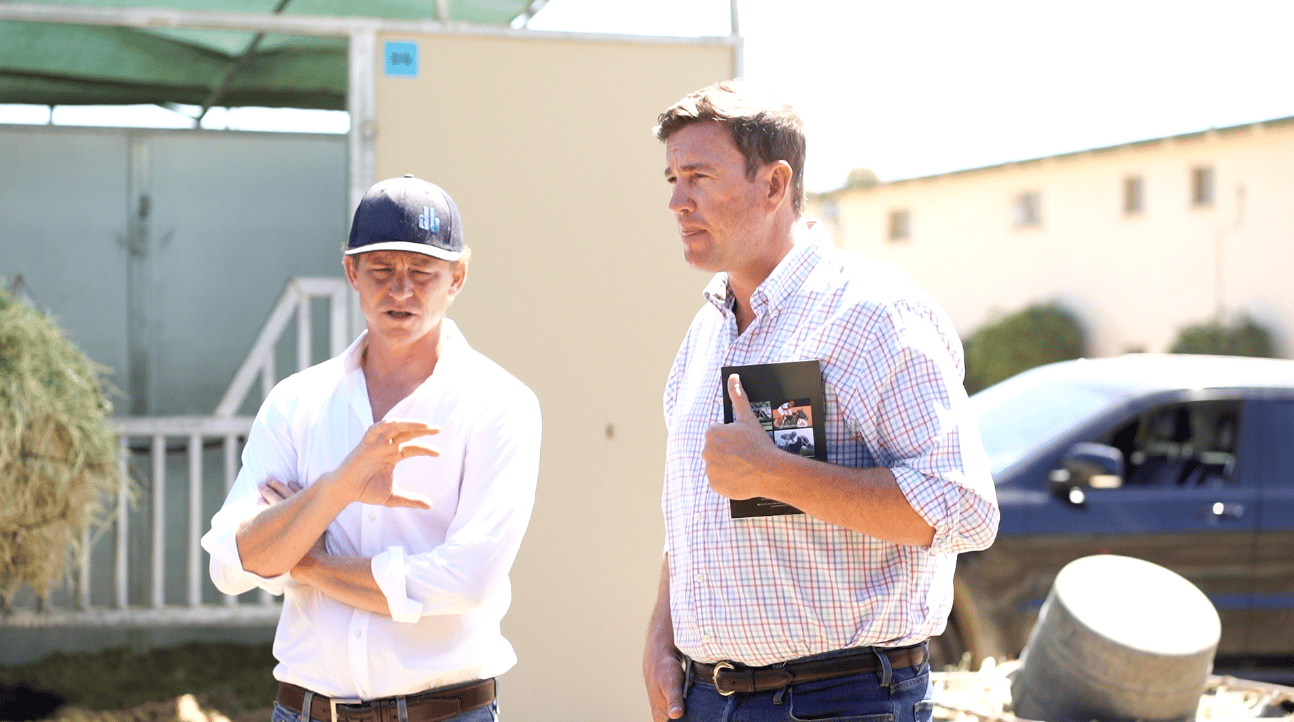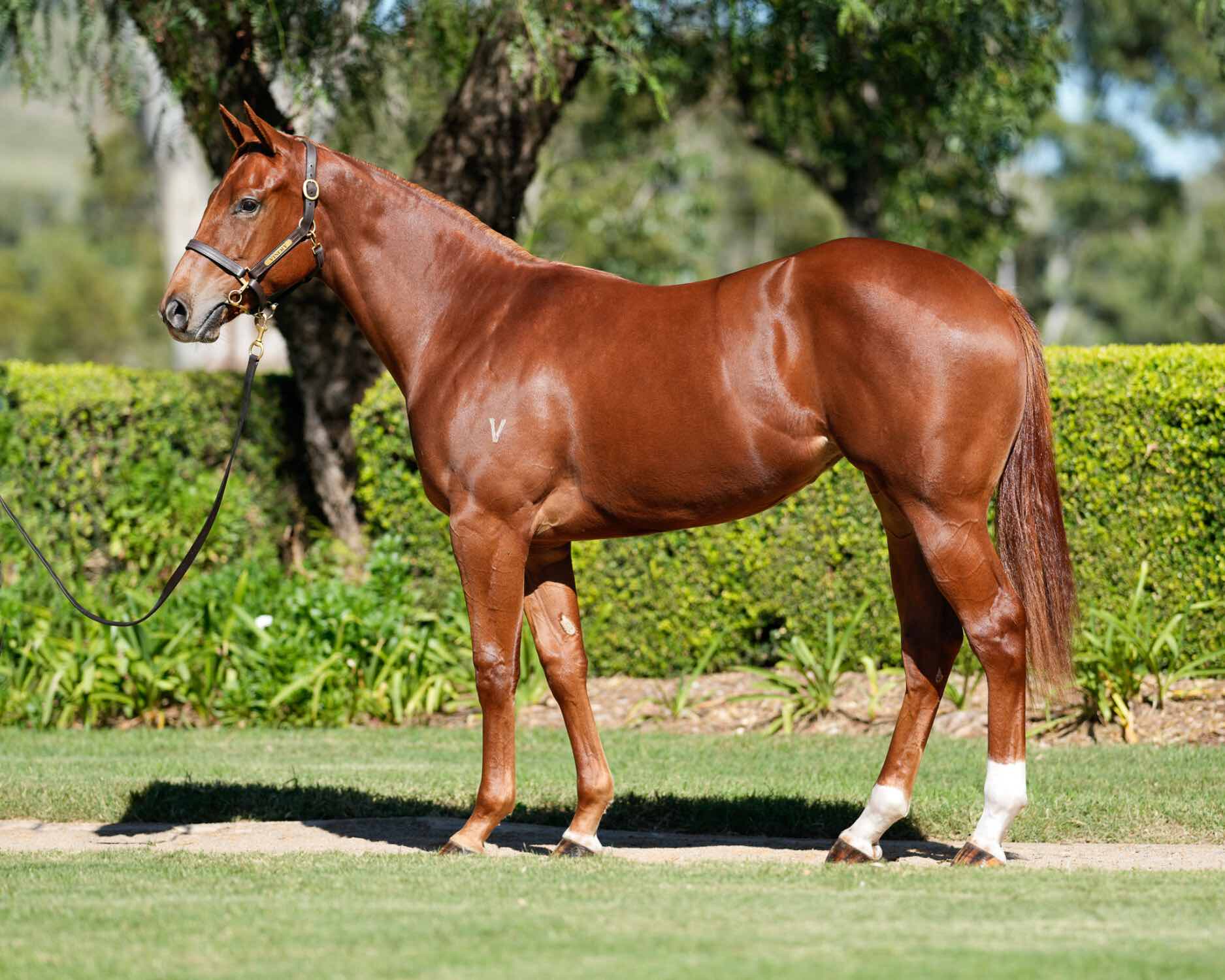There’s a lot of additional information to be found about a horse that’s not on the catalogue page, and if you dig deep enough you can gain insights that will lead to a better-informed buying decision.
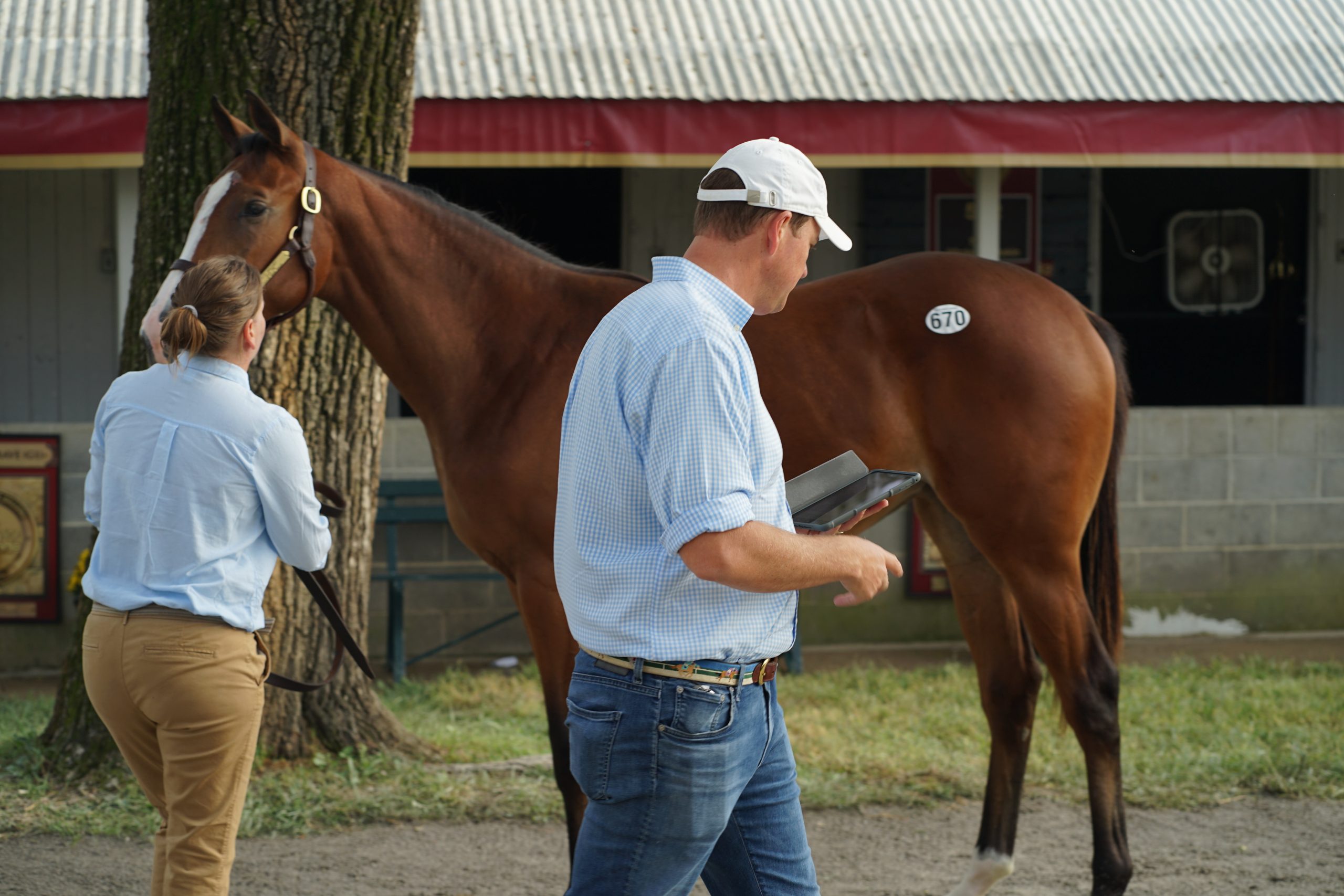
I always start with a horse’s full race record – searching for information about the dams and siblings, going deeper than the words “winner” and “placed” as they only tell part of the story. There is a big difference between winning or placing in Sydney on a Saturday to performing in the bush.
A horse could have been beaten only a length in a Group 1 race and finished sixth, or it might have won by a nose three times in a row as opposed to winning by six lengths.
Knowing a horse’s rating and the different racetracks is important, as well as black-type form in foreign jurisdictions which can often be deceiving.
I will always look at the dam’s progeny too, researching what they have made as yearlings or foals, who bought them and which stables they’ve been trained in – obviously some trainers are better than others.
Through my database I can go back and see what the siblings of the horse in front of me actually look like because sometimes their price might not be indicative of their quality. If a mare has produced a good horse, I also like to look up their notes and if this horse is a similar type, it gives me a lot more confidence.
The database is very useful in identifying what a well-performed horse in the family looks like and if they are all small and bay, I want to make sure I am buying a horse that fits that description. It’s all about knowing families and what a good horse from that family looks like.
I have been going around yearling sales since 2002 and in one year travelling between Australia and America, I would look at over 5,000 horses.
My database has been around since I went digital three years ago, so it has quickly developed into an extensive source of family history. It has gotten to a point where, if I like a horse, I should be able to go through my notes and see what the family looks like.
Research is an important process in purchasing a horse, so having a database is a very valuable tool and will only continue to become more important as time goes on.

